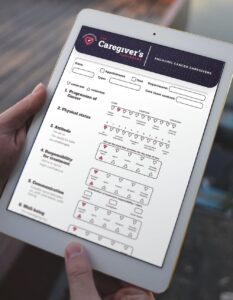Personalized Oncology Care

Of people do not receive tumor testing, potentially limiting their treatment options.
0
%
Cancer Biomarker Testing
Biomarker testing is like getting a detailed blueprint of your cancer. It examines your tumor for specific genes, proteins, and other molecules that can reveal important information about your cancer’s behavior and how it might respond to different treatments.This information helps your healthcare team create a treatment plan specifically designed for you.
Here’s what biomarker testing can tell us:
- Type of cancer: Biomarkers can help confirm the diagnosis and identify specific subtypes of cancer, which can guide treatment decisions.
- Aggressiveness: Some biomarkers indicate how quickly the cancer is likely to grow and spread, helping doctors determine the urgency and intensity of treatment.
- Treatment response: Biomarkers can predict how well your cancer might respond to specific therapies. This helps doctors select the most effective treatments for you and avoid those that are unlikely to work.
The Cancer Help Desk works with diagnostic companies and oncologists to ensure you receive quality testing. Their team of PhD scientists then interprets your test results and medical records to develop personalized treatment options, including identifying potential clinical trials and cutting-edge therapies.
Biomarker testing is an essential part of precision medicine, an approach to healthcare that tailors treatment to each individual’s unique needs and characteristics. This approach is moving us away from a “one-size-fits-all” model of cancer care and towards a more targeted and effective strategy for treating cancer.

Of people will go on a cancer clinical trial.
<
0
%
Clinical Trials and Emerging Therapies
Clinical trials are research studies that test new ways to prevent, detect, diagnose, or treat diseases, including cancer. They play a vital role in advancing cancer care by evaluating the effectiveness and safety of new treatments and therapies.
Participating in a clinical trial can provide access to emerging therapies that may not yet be widely available. It also contributes to scientific knowledge and helps improve cancer care for future patients.
Here’s why clinical trials are important:
- Advancements in treatment: Clinical trials are how new cancer treatments are developed and tested.
- Personalized options: Trials offer the opportunity to receive treatments tailored to your specific cancer type and biomarkers.
- Expert monitoring: Participants in clinical trials receive close monitoring by a team of healthcare professionals.
Hope for the future: Your participation can help pave the way for better cancer treatments and outcomes for others.
The Cancer Help Desk can help you understand the clinical trial process and identify potential trials that may be a good fit for you. Their team of experts will guide you through every step, from explaining the details of each trial to assisting with the enrollment process.
The Caregiver’s Dashboard
The Caregiver’s Dashboard was developed to guide, inform, and empower caregiver’s of cancer patients by providing a powerful set of tools that help create a roadmap of treatment, improve communication, and encourage greater involvement and engagement. These assets are optimized for all your digital devices, and if desired, they can be printed. Click the ‘Download Here’ button below to start using this invaluable set of tools.

The Caregiver’s Dashboard is comprised of an introductory video, an interactive digital PDF for both you and your loved one to utilize following each medical appointment, and a digital guidebook brimming with valuable information and resources.

